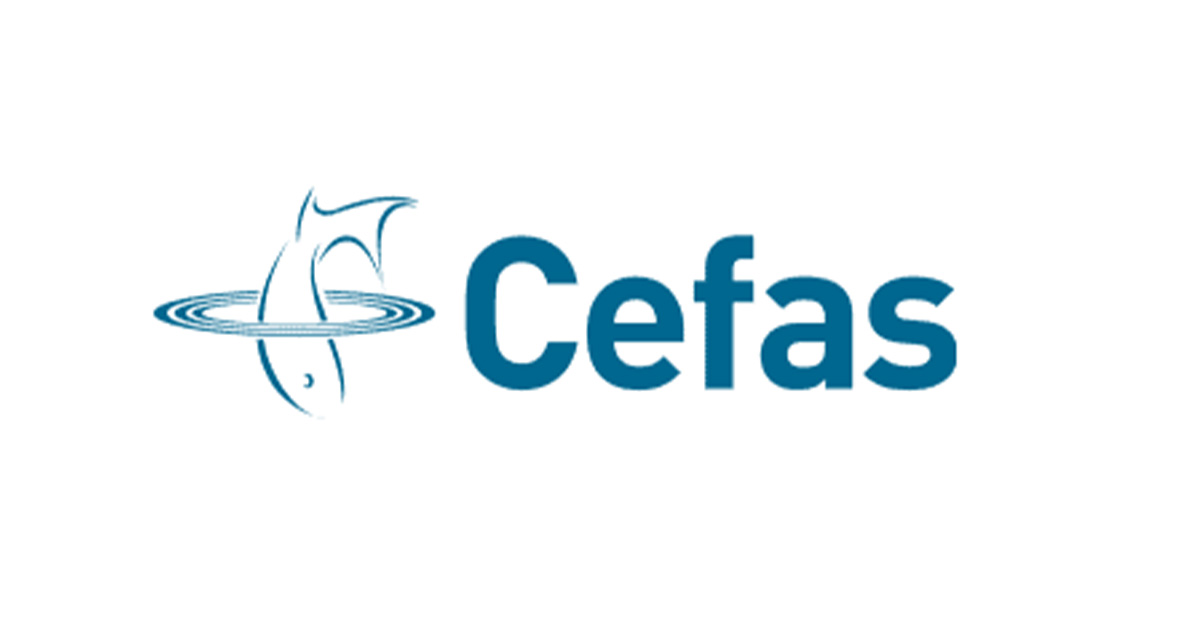The Centre for Environment, Fisheries and Aquaculture Science (Cefas) is a world leader in marine science and technology. Providing innovation, scientific evidence and impartial expert advice on the aquatic environment, biodiversity, and food security.
Cefas is seeking to appoint an experienced fish ecologist to join a dynamic and internationally respected group that conducts research into marine and coastal fish within the Fisheries Directorate. The Fisheries Directorate leads on fisheries science, assessments, and management advice to national and international marine management organizations. There is renewed demand for specialist monitoring and advice following the UK’s establishment as an Independent Coastal State and implementation of the 2020 Fisheries Act.
You will help lead the development of the coastal and inshore fish ecology research and monitoring. Including designing fieldwork programs and biological investigations, tagging programs, as well conducting data analysis, involvement in national and international fisheries meetings, and producing reports and peer-reviewed papers.
There is considerable scope to apply and expand your technical and analytical skills as well as opportunities to develop practical and advisory skills to support Cefas fisheries monitoring, and Research and Development portfolios.
There is the possibility of overseas travel, participation in fieldwork, working as part of a close team and mentoring less experienced colleagues.
Job description
The post is in Cefas Aquatic Surveys, Evidence and Advice (ASEA) Group. ASEA comprises and dynamic and diverse group of scientists who conduct high quality, practical and applied fisheries science. Cefas are looking for an experienced fish ecologist who can contribute help lead developing work areas on inshore fish populations.
Your main duties and responsibilities will include:
- Design of data collection programs, scientific analyses of inshore fish populations including tagging, and report and paper writing
- Covering a range of topics, including fish surveys (freshwater and marine), biological sampling, fish life-history studies, research and advice, and representation at international expert groups
- The role will involve working autonomously and closely with a multidisciplinary team including fisheries scientists, marine ecologists, and oceanographers
- You must have a good understanding of ichthyology, field surveys, practical knowledge of data collection, demonstrable scientific outputs in different aspects of fisheries biology (e.g., age and growth, reproductive biology tagging and spatial ecology), data analysis and relevant programming skills (e.g., R)
- The successful applicant will provide critical support in leading monitoring and R&D programs, including survey design, data collection and analysis, production of scientific papers and reports, assisting with scientific advice, and representation at international meetings
- You will be expected to participate in relevant expert groups, including ICES Working Groups and will also have an opportunity to develop and lead on research projects to support the sustainable management of marine resources, fish life-history and ecology
In addition, Cefas reserves the right to ask staff to take on additional duties and responsibilities which are commensurate with their grade. Team Leaders and management will have a discussion with staff to explain the changes that are to be made. A new job description will be issued if required.
Person specification
You will have background experience and working knowledge of European marine and coastal fish and applied fisheries ecology, including life-history parameters, spatial ecology, stock structure and population dynamics.
In addition to the above, the following essential criteria are also required for this role, and you must be able to demonstrate your skills and experience in the following areas:
- Experience of developing, managing or leading either inshore surveys or biological sampling programs
- Proven track record of undertaking research on coastal fish resources, especially in relation to spatio-temporal dynamics and/or life-history
- Knowledge of marine and coastal fish species, particularly those taxa of commercial or ecological importance in Northern European seas
- Proven personal motivation and flexibility, with the ability to work effectively autonomously, leading research programs
- Effective verbal and written science communication skills for both scientific and non-scientific audiences, with a track record of peer-reviewed publications or scientific report writing
- Experience in applied fish biology and ecology with a knowledge of fish tagging and telemetry, and analyzing data on fish movements and behavior
- Excellent scientific and technical writing skills including report writing, presentation skills and peer-reviewed publications
- Exceptional inter-personal communication skills, with an ability to work effectively as part of an interdisciplinary team, sharing knowledge and expertise
- Effective communicator to a diverse range of audiences
- Willingness to travel both nationally and internationally to work directly with the organizations involved in this research
- Experience of, or willingness to participate in, fieldwork, including both Research Vessel surveys and inshore surveys
- Academic qualification required for this role is an MSc or PhD relating to the ecology of marine fish. A proven track record of relevant work experience or suitable equivalent alternative previous experience will be considered
Behaviors
We'll assess you against these behaviors during the selection process:
- Changing and Improving
- Delivering at Pace
- Making Effective Decisions
- Working Together
We only ask for evidence of these behaviors on your application form:
- Changing and Improving
Technical skills
We'll assess you against these technical skills during the selection process:
- Numerical skills for undertaking scientifically robust analyses and conclusions in relation to fisheries data including dealing with large datasets.
- Excellent data analysis, interpretation, and programming skills including open-source scripting languages (e.g., R).
Closing Date: October 31, 2023





